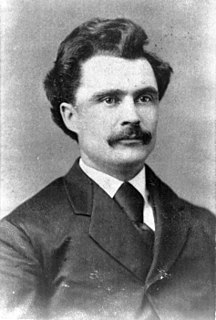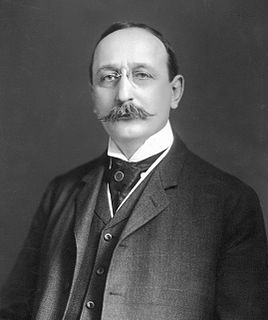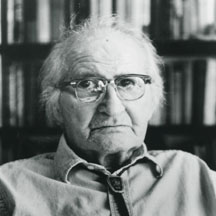A Quote by John Boyle O'Reilly
No writer for the press, however humble, is free from the burden of keeping his purpose high and his integrity white.
Related Quotes
As every writer has his use, every writer ought to have his patrons; and since no man, however high he may now stand, can be certain that he shall not be soon thrown down from his elevation by criticism or caprice, the common interest of learning requires that her sons should cease from intestine hostilities, and, instead of sacrificing each other to malice and contempt, endeavour to avert persecution from the meanest of their fraternity.
In the infinite wisdom of the Lord of all the earth, each event falls with exact precision into its proper place in the unfolding of His divine plan. Nothing, however small, however strange, occurs without His ordering, or without its particular fitness for its place in the working out of His purpose; and the end of all shall be the manifestation of His glory, and the accumulation of His praise.
Today I have lost one of my dearest friends, England one of her greatest men. Keith Joseph understood that it was necessary to win again the intellectual argument for freedom, and that to do this we must start from first principles. He was in many ways an unlikely revolutionary. For all his towering intellect, he was deeply humble. He spoke out boldly, however hostile the audience. Yet he hated to give offence. Above all, his integrity shone out in everything he said and did. His best memorial lies in the younger generations of politicians whom he inspired. But for me he is irreplaceable.
...there began to come to her a first dim realization of God's humility. Rejected by the proud in His own right by what humble means He chose to succor them; through the spirit of a child, a poor gypsy or an old man, by a song perhaps, or even it might be by the fall of a leaf or the scent of a flower. For His infinite and humble patience nothing was too small to advance His purpose of salvation and eternity was not too long for its accomplishment.
What makes a free thinker is not his beliefs, but the way in which he holds them. If he holds them because his elders told him they were true when he was young, or if he holds them because if he did not he would be unhappy, his thought is not free; but if he holds them because, after careful thought, he finds a balance in their favor, then his thought is free, however odd his conclusions may seem.
You can t, in sound morals, condemn a man for taking care of his own integrity. It is his clear duty. And least of all can you condemn an artist pursuing, however humbly and imperfectly, a creative aim. In that interior world where his thought and his emotions go seeking for the experience of imagined adventures, there are no policemen, no law, no pressure of circumstance or dread of opinion to keep him within bounds. Who then is going to say Nay to his temptations if not his conscience?
I maintain that any writer of a book is fully authorised in attaching any meaning he likes to a word or phrase he intends to use. If I find an author saying, at the beginning of his book, "Let it be understood that by the word 'black' I shall always mean 'white,' and by the word 'white' I shall always mean 'black,'" I meekly accept his ruling, however injudicious I think it.
Detach the writer from the milieu where he has experienced his greatest sense of belonging, and you have created a discontinuity within his personality, a short circuit in his identity. The result is his originality, his creativity comes to an end. He becomes the one-book novelist or the one-trilogy writer.






































